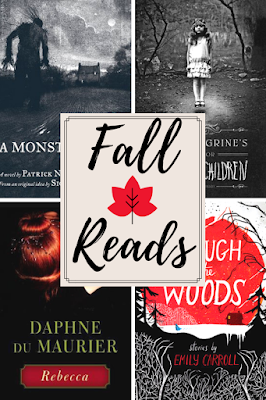Book Review - The Absolutely True Diary of a Part-Time Indian by Sherman Alexie
Have you ever encountered the situation where a book is recommended by someone whose taste in literature you respect and generally concur with but who you've always thought looked just "meh"? Then, after reading War Dances, another book by the same author, and finding it to be amazing, funny, and sad, you wonder why you didn't read The Absolutely True Diary of a Part-Time Indian three years ago. Yes? Is it just me, or?
XEM THÊM:
Cách Tính Bài Baccarat Chuẩn Nhất Giúp Chiến Thắng Nhà Cái ✔
Well, you really ought to read Sherman Alexie if you haven't already. I'm referring to now. Go ahead and read one of his books before returning to finish this one, please. And Alexie is that exceptional talent that can blend sadness and humour. I feel as though every story he relates is his own because of how honestly he writes.
The account of Junior, an Indian from Spokane who has spent his whole life on a reservation, is told in the first person in The Absolutely True Diary of a Part-Time Indian. When he is fourteen years old, he makes the decision to be the first member of his reservation to attend school in the nearby town, a largely white farming community. The only other Indian at the school, Alexie slyly observes, is the mascot. Junior is a cartoonist, and Ellen Forney's illustrations in the book feature some of his work (the copy of the book I read had a really interesting interview with Forney at the very end). The illustration reveals Junior's ideas, anxieties, and true perceptions of those around him.
In this brief book, Alexie offers us a number of different viewpoints on First Nations people in America. This quotation captures so much of what Junior battles:
It sucks to be poor, and it sucks to feel that you somehow deserve to be poor. You start to believe that you're poor because you're stupid and ugly. And then you start believing that you're stupid and ugly because you're Indian. And because you're Indian, you start believing you're destined to be poor. It's an ugly cycle, and there's nothing you can do about it.






Comments
Post a Comment